The United States called on the world to “pick a side” over Venezuela’s mounting political crisis on Jan. 26 and urged countries to financially sever ties with Nicolas Maduro’s socialist regime as the embattled dictator rejected an international ultimatum for elections.
During a heated exchange at a United Nations Security Council meeting, Venezuela’s regime and Russia accused the United States of attempting a coup. Both Russia and China have invested heavily in the oil-rich country for years.
Venezuelan opposition leader Juan Guaidó, the leader of the National Assembly, proclaimed himself acting president on Jan. 23. The United States, Canada, and almost every Latin American country has since recognized Guaidó as the country’s rightful leader.
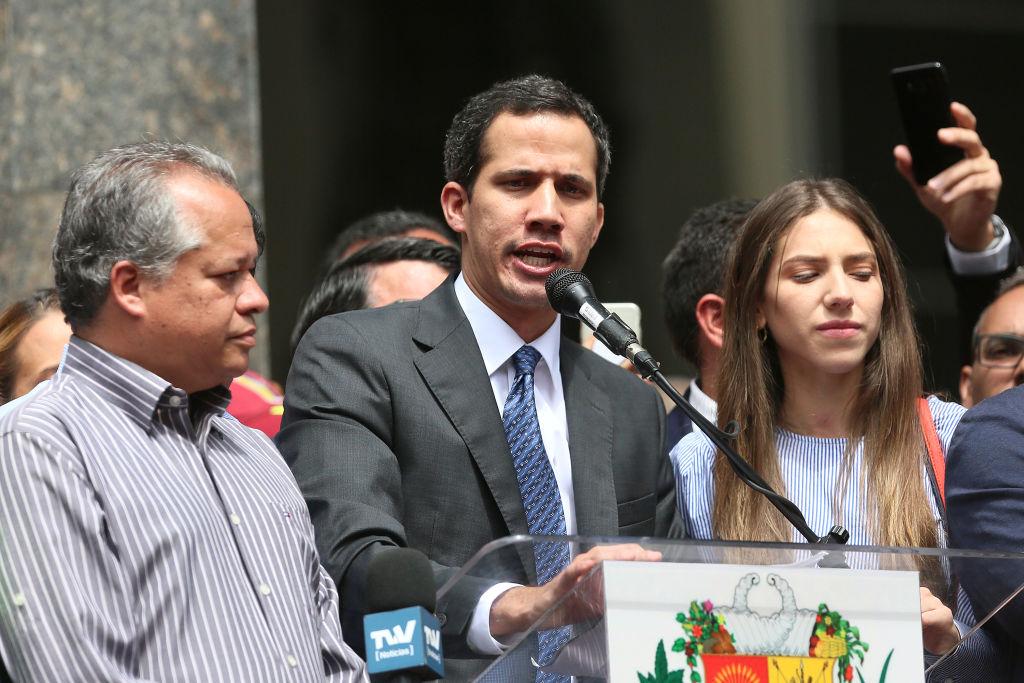
Secretary of State Mike Pompeo said at the U.N. meeting called by the United States that Maduro’s “socialist experiment” had caused the Venezuelan economy to collapse. The socialist policies introduced by Maduro and his predecessor, Hugo Chavez, have crippled the nation and driven millions out.
“Now, it is time for every other nation to pick a side. ... Either you stand with the forces of freedom, or you’re in league with Maduro and his mayhem,” Pompeo told the council. “We call on all members of the Security Council to support Venezuela’s democratic transition and interim President Guaidó’s role.”
Pompeo called for the international community to disconnect their financial systems from Maduro’s government. Diplomats said any council action to address the crisis would be blocked by veto-powers Russia and China.
At the meeting, Britain, Germany, France, and Spain all said they would recognize Guaidó if Maduro failed to call fresh elections within eight days, an ultimatum Russia said was “absurd” and Maduro’s foreign minister called “childlike.”
In the week surrounding Guaidó rise to the presidency, hundreds of thousands of Venezuelans took to the streets in Caracas and across the country, calling on Maduro to step down.
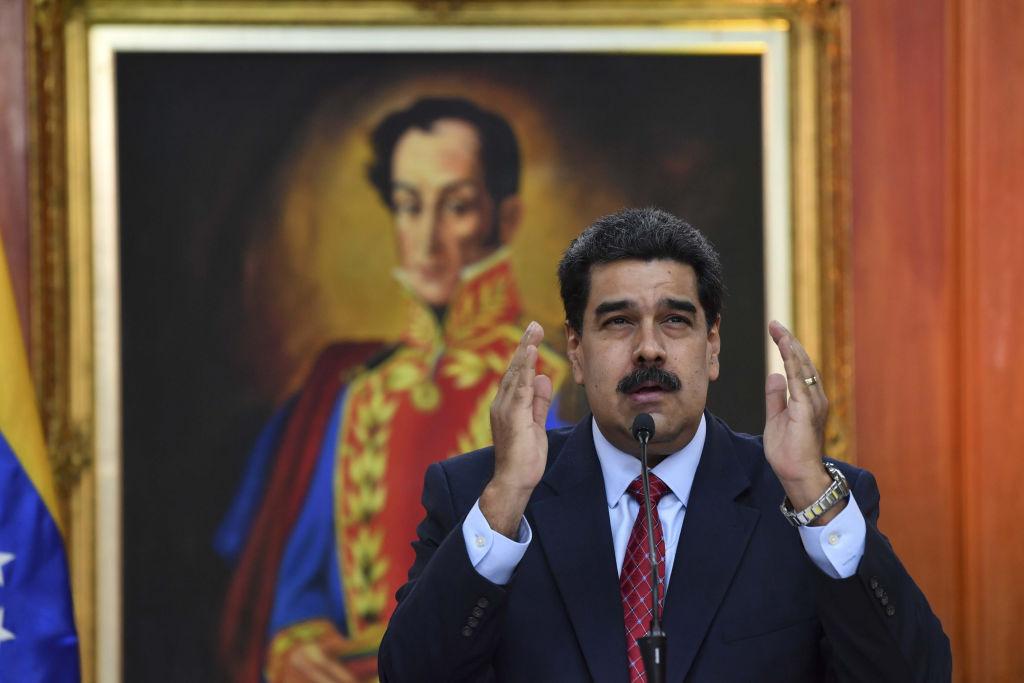
Defusing Diplomat Standoff
Late on Jan. 26, Venezuela’s regime suspended its demand that U.S. diplomats leave the country within 72 hours. The Trump administration had refused Maduro’s Jan. 23 order, arguing the dictator had no legal authority.Venezuela’s Foreign Ministry issued a statement saying Maduro’s government was suspending the expulsion to provide a 30-day window for negotiating with U.S. officials about setting up a “U.S. interests office” in Venezuela and a similar Venezuelan office in the United States.
“Let me be 100 percent clear,” Pompeo told the told the U.N. Security Council on Jan. 26. “President Trump and I fully expect that our diplomats will continue to receive protections provided under the Vienna Convention.”
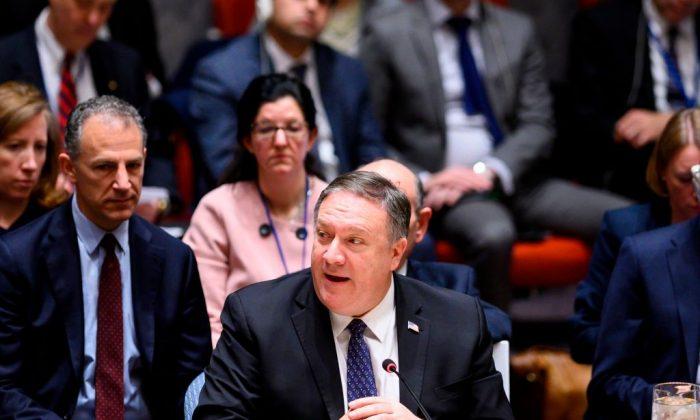

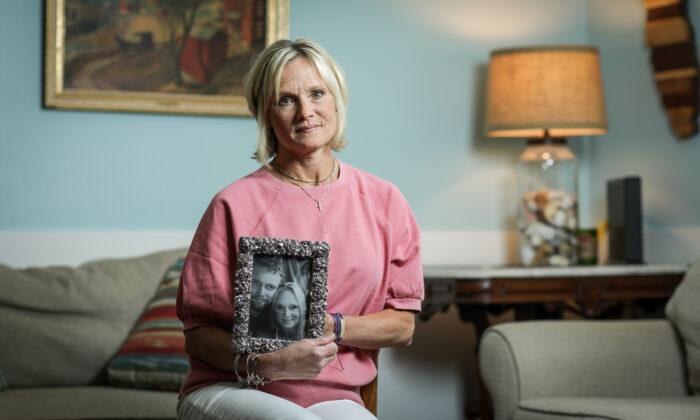
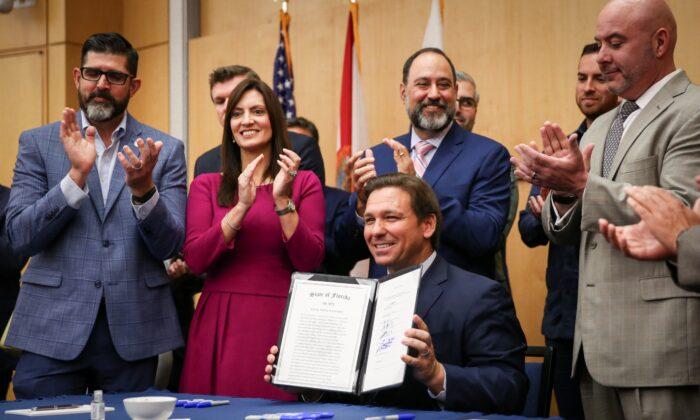
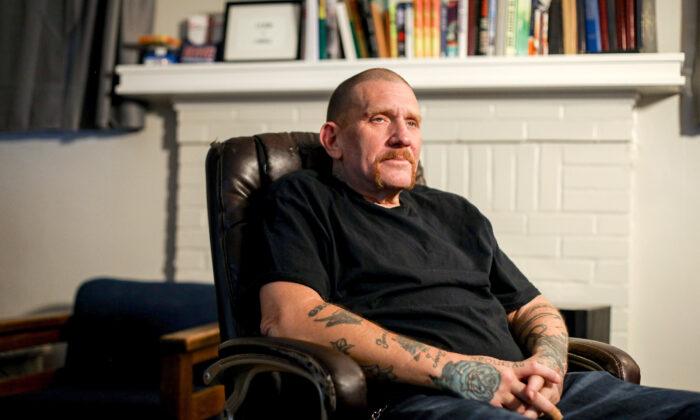
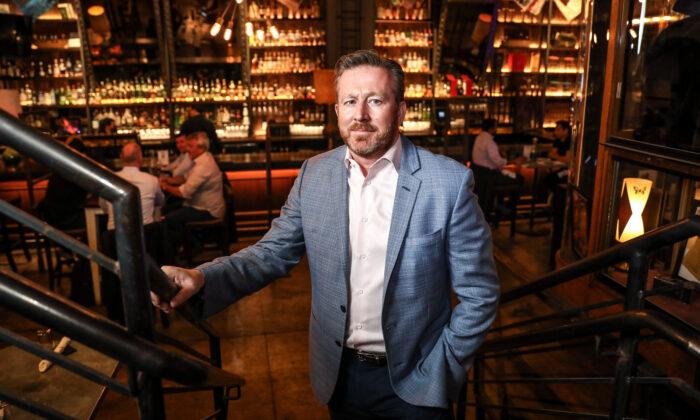
Friends Read Free